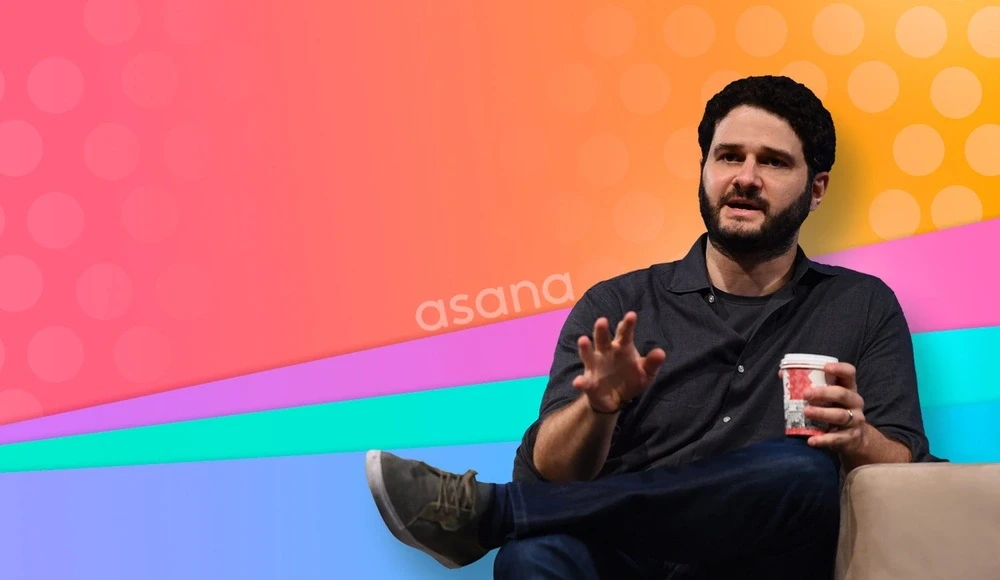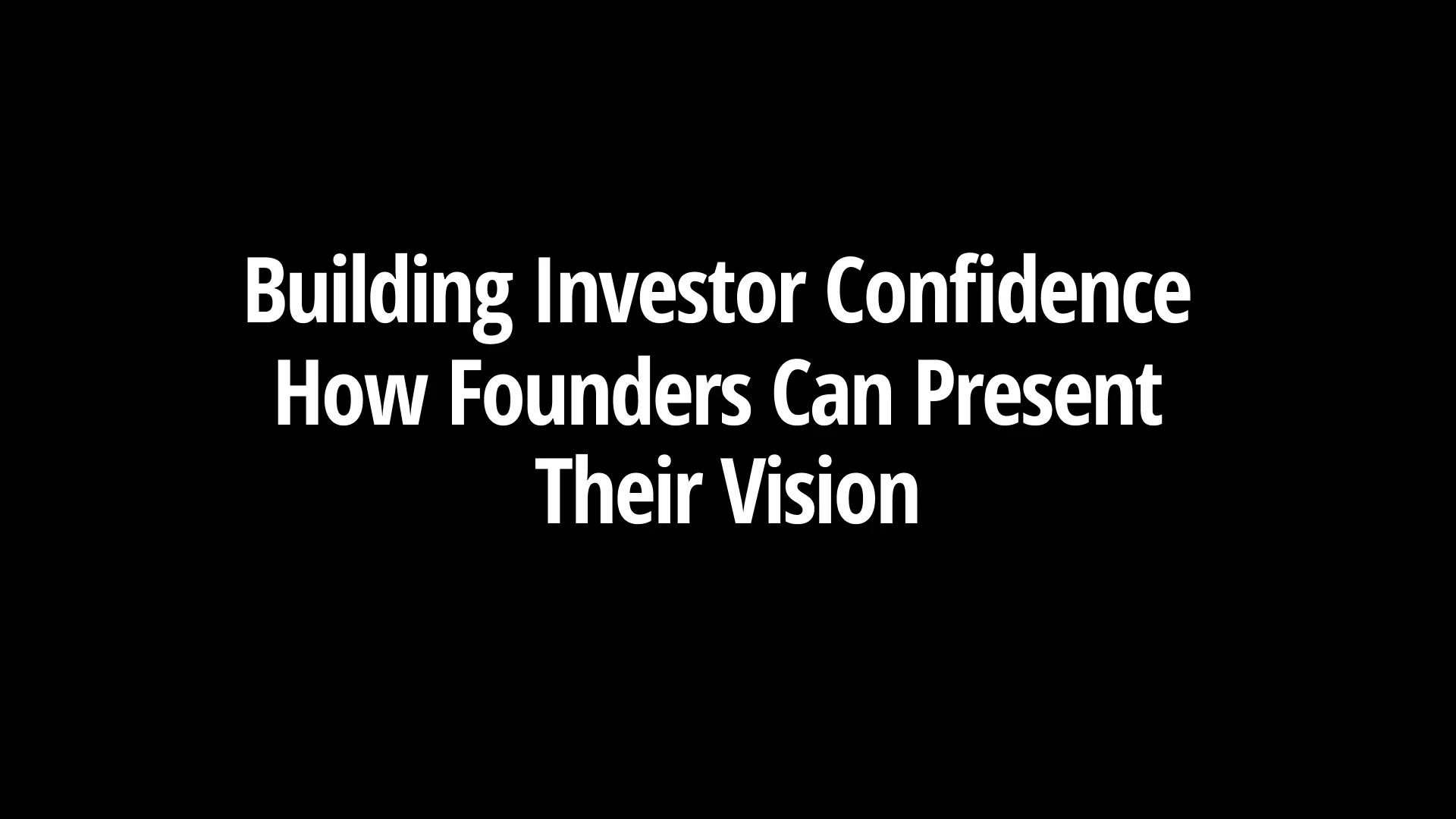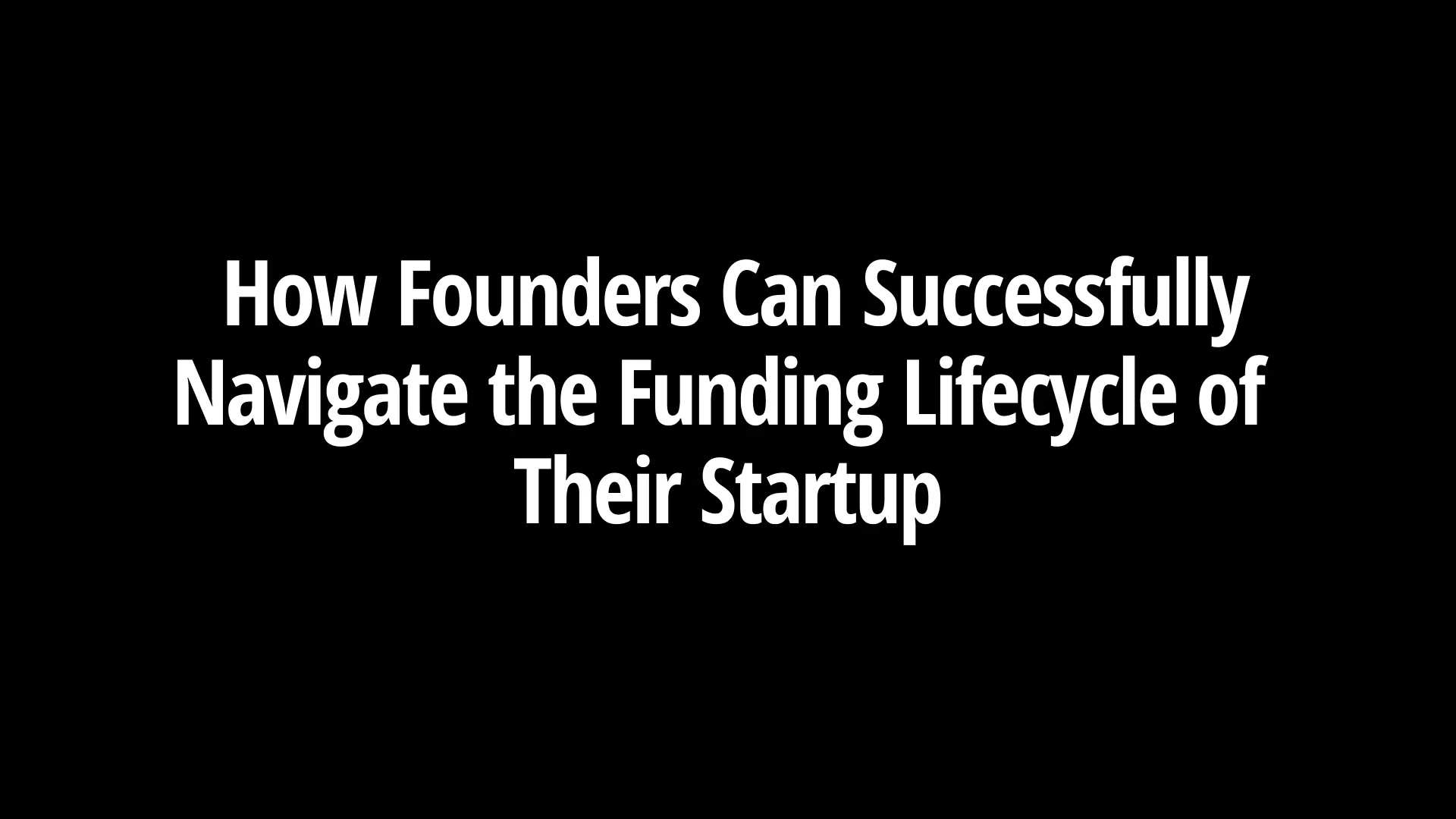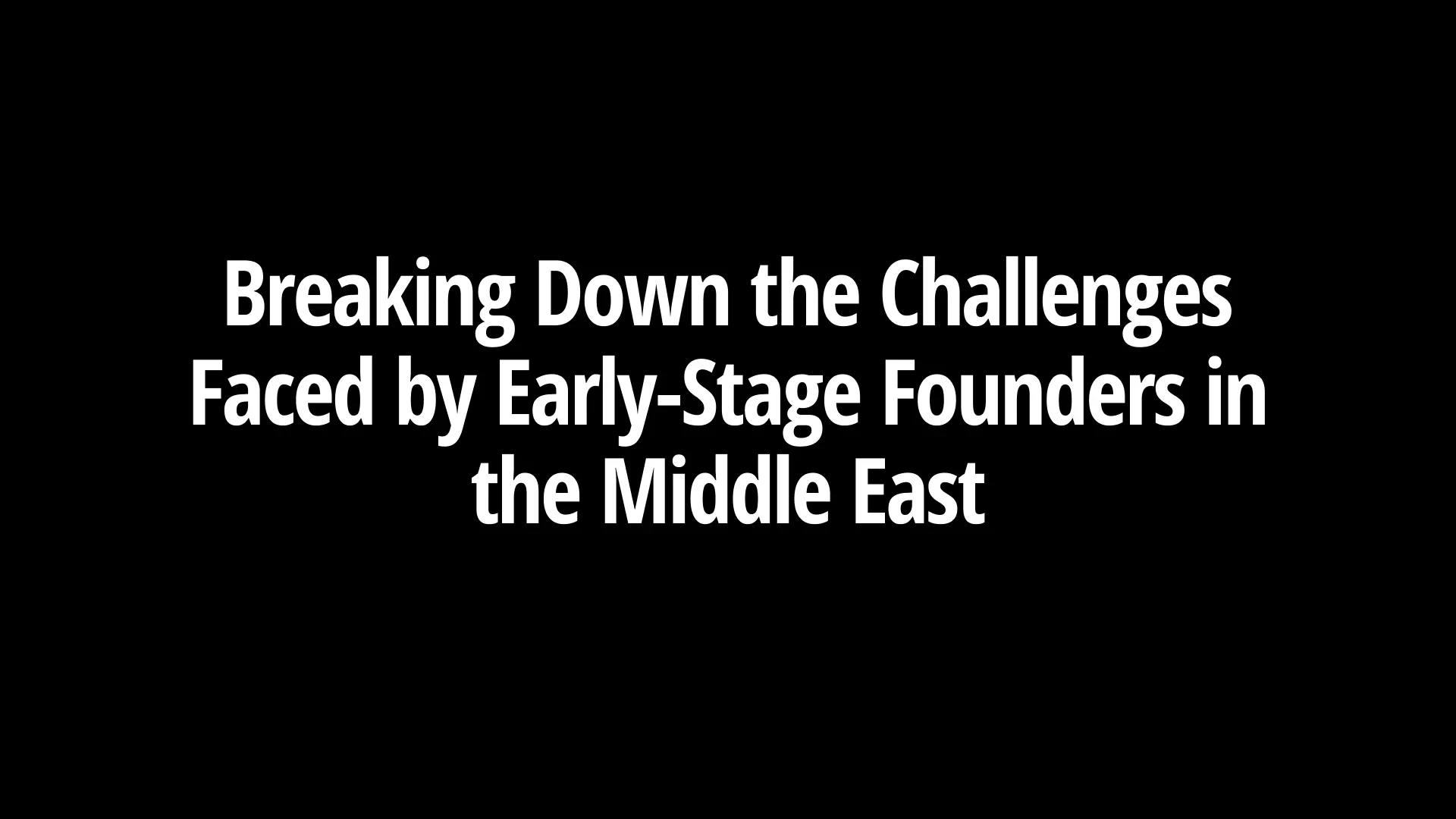New York
Impactful C-suites
Dustin Moskovitz: Architecting Collaboration and Scaling Innovation
By : Syed Owais Date:February 4, 2025
Ready to Share Your Story or Recommend a Leader?
Join our mission to connect and empower entrepreneurial ecosystem.
Some entrepreneurs create companies—others redefine how work itself gets done. Dustin Moskovitz, co-founder of Facebook and Asana, has done both. While his role in Facebook’s early days is well-documented, his greater impact may lie in how he’s reshaped productivity and team collaboration through Asana.
From helping build the world's largest social network to designing a platform that empowers teams to work smarter, Moskovitz’s journey is a masterclass in vision, execution, and sustainable entrepreneurship.
Building Facebook: Lessons in Rapid Growth
Moskovitz’s entrepreneurial journey began in a Harvard dorm room alongside Mark Zuckerberg, Eduardo Saverin, and Chris Hughes. As one of Facebook’s earliest engineers and its first CTO, he played a pivotal role in scaling the platform’s infrastructure, operations, and engineering teams.
His experience at Facebook instilled two key lessons:
- The power of fast, iterative execution – The team constantly shipped new features, learning from user behavior and rapidly iterating.
- The complexity of scaling teams – As Facebook grew, Moskovitz saw firsthand how communication bottlenecks and inefficiencies slowed productivity.
While Facebook’s growth was exhilarating, it also exposed a fundamental problem: companies lacked effective tools to coordinate work at scale. This insight planted the seed for his next venture—Asana.
The Birth of Asana: Rethinking Team Productivity
In 2008, Moskovitz left Facebook to co-found Asana with Justin Rosenstein, another former Facebook engineer. Their goal? Eliminate the chaos of email and meetings by creating a transparent, structured work management system.
Rather than launching another social platform, Moskovitz took a mission-driven approach—he wanted to improve how people worked together. The result was Asana, a productivity tool that helps teams track tasks, streamline communication, and align goals.
Strategic Moves That Defined Asana’s Success
Building a work management platform in a crowded SaaS market wasn’t easy. Moskovitz’s strategic approach set Asana apart:
- User-Centric Development: Instead of rushing to scale, Asana focused on deep product refinement, ensuring every feature truly enhanced team collaboration.
- Simplicity as a Superpower: Unlike clunky enterprise software, Asana prioritized intuitive design and seamless user experience.
- Gradual, Sustainable Growth: Moskovitz took a long-term view, focusing on organic expansion and product-led growth, avoiding the aggressive, breakneck scaling seen in other startups.
These principles helped Asana become one of the most widely adopted work management tools, serving millions of teams worldwide and achieving a successful IPO in 2020.
Moskovitz’s Unique Leadership Philosophy
What sets Moskovitz apart from many Silicon Valley entrepreneurs is his commitment to mindfulness, ethical leadership, and long-term impact.
- Mission Over Money: Unlike many founders, Moskovitz isn’t driven by financial gain—he's deeply committed to solving real-world problems.
- Mindful Leadership: An advocate of meditation and conscious decision-making, he believes in leading with empathy and balance.
- Philanthropic Focus: Through Good Ventures, a philanthropic organization he co-founded with his wife Cari Tuna, Moskovitz supports high-impact global causes, embodying the principle of effective altruism.
Key Takeaways from Moskovitz’s Playbook
For founders, executives, and changemakers, Moskovitz’s journey offers powerful lessons:
- Solve Real Problems: The best startups emerge from deeply understanding pain points, not just chasing trends.
- Scale Thoughtfully: Growth should be strategic, sustainable, and user-driven.
- Lead with Purpose: Business success and positive impact are not mutually exclusive.
Shaping the Future of Work
While Dustin Moskovitz may always be known as a Facebook co-founder, his true legacy lies in how he’s reshaping how teams work, collaborate, and build together.
For leaders looking to create lasting impact, Moskovitz’s path is proof that technology, strategy, and purpose-driven leadership can revolutionize entire industries.

Syed Owais
Founder & Fractional CBO - Who loves to deliver value over hype. Aiming to build a no-BS community for founders (by founder), investors, venture capitalists, accelerators and journalists.
Subscribe
- Gain full access to our premium content
- Never miss a story with active notifications
- Browse free from up to 5 devices at once












